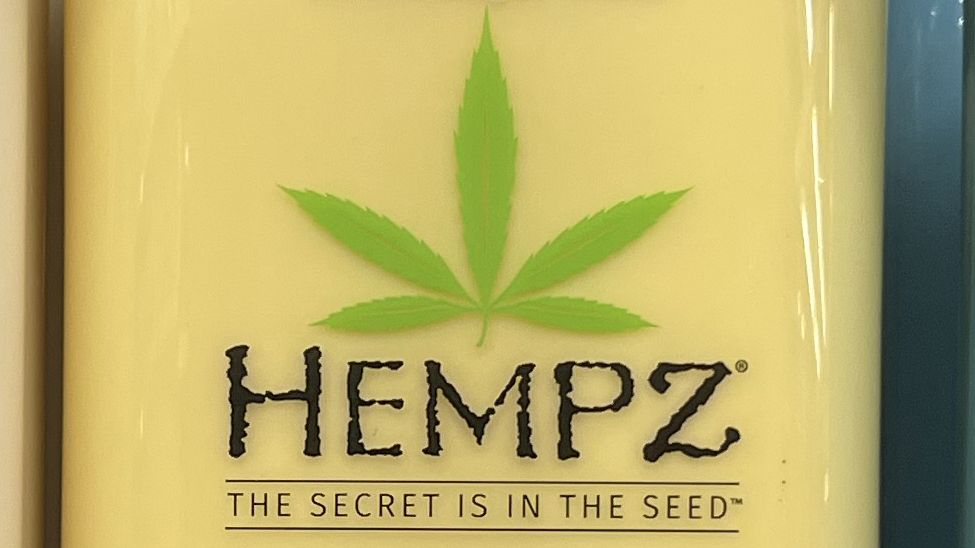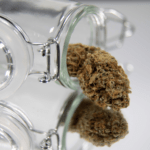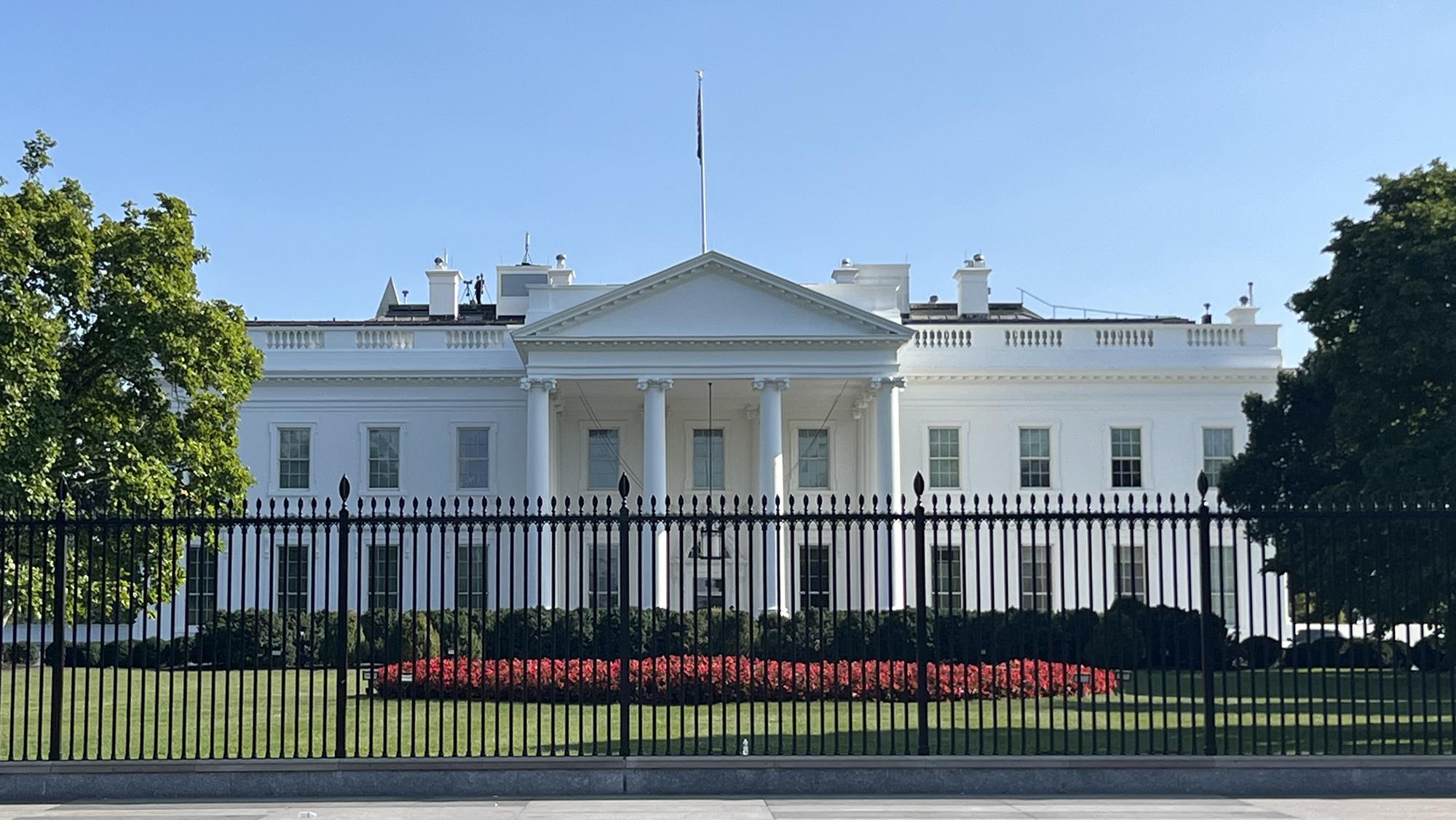The question of whether hemp oil is regulated by the U.S. Food and Drug Administration (FDA) does not have a simple “yes” or “no” answer. The FDA regulates products by category—such as foods, dietary supplements, cosmetics, or drugs—rather than by ingredient or plant. Hemp-derived ingredients, including hemp oil, are subject to the same rules that apply to other substances used in those categories.
Hemp Seed Oil in Foods
Non-intoxicating hemp ingredients derived from the seed—including hemp seed oil, hulled hemp seed, and hemp seed protein—have been recognized by the FDA as Generally Recognized as Safe (GRAS) for specific uses in human food. This means the agency does not object to companies using these ingredients as long as they follow approved guidelines. As a result, consumers can find hemp seed oil in many common products, from salad dressings to smoothies, because it’s considered a safe nutritional addition when used as intended.
CBD and Cannabinoid Oils
The situation changes when the term “hemp oil” refers to products that contain cannabidiol (CBD) or other cannabinoids extracted from the hemp flower or leaves. The FDA has stated that CBD cannot currently be lawfully marketed as an ingredient in foods or dietary supplements under existing regulations. This is because CBD is the active ingredient in an approved prescription drug and therefore cannot be added to foods or marketed as a supplement without specific authorization. The FDA has called on Congress to establish a new regulatory framework for these cannabinoid-containing products to ensure consumer safety and consistency.
Hemp Oil in Cosmetics
Cosmetic products that use hemp seed oil or CBD are regulated under the same general safety and labeling rules as all cosmetics. They must be safe for their intended use and properly labeled. However, if a cosmetic makes claims that it can treat or prevent disease—such as promising pain relief or anxiety reduction—it is considered a drug under FDA law and must undergo formal approval. The FDA has issued several warning letters to companies making unapproved therapeutic claims about hemp or CBD products.
The Impact of the 2018 Farm Bill
The 2018 Farm Bill removed hemp (defined as cannabis containing less than 0.3% THC) from the federal Controlled Substances Act. However, this legislation did not remove the FDA’s authority over hemp ingredients in food, supplements, and cosmetics. In other words, while hemp itself is no longer a controlled substance, the FDA still oversees how hemp-derived ingredients can be used and marketed.
What Consumers Should Know
For now, consumers can safely purchase and use hemp seed oil as a food ingredient. Products labeled as containing CBD or other cannabinoids are more complex—they occupy a regulatory gray area that remains under review. Shoppers should read labels carefully and be cautious of any hemp oil products that make strong medical or therapeutic claims without FDA approval.






